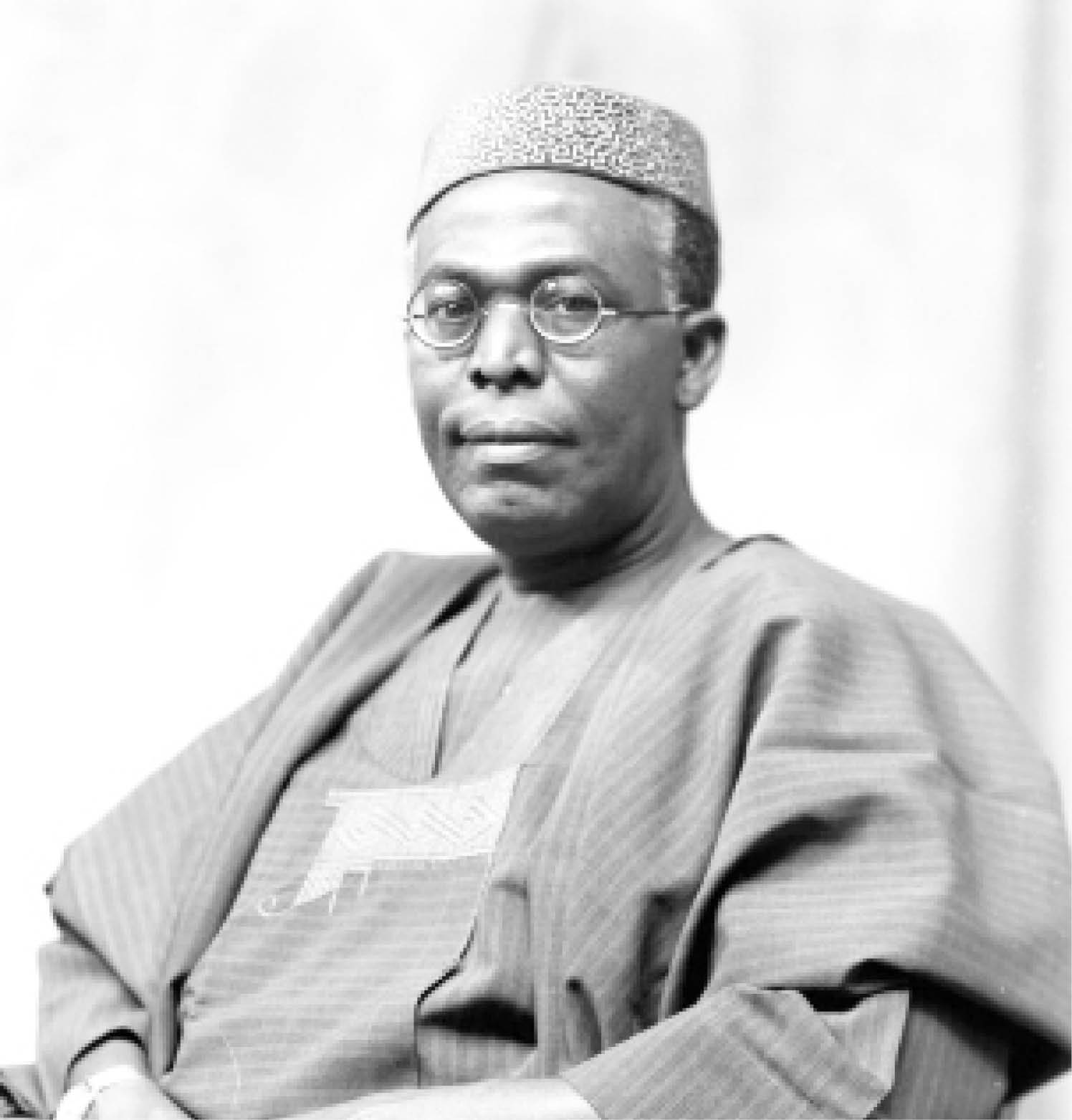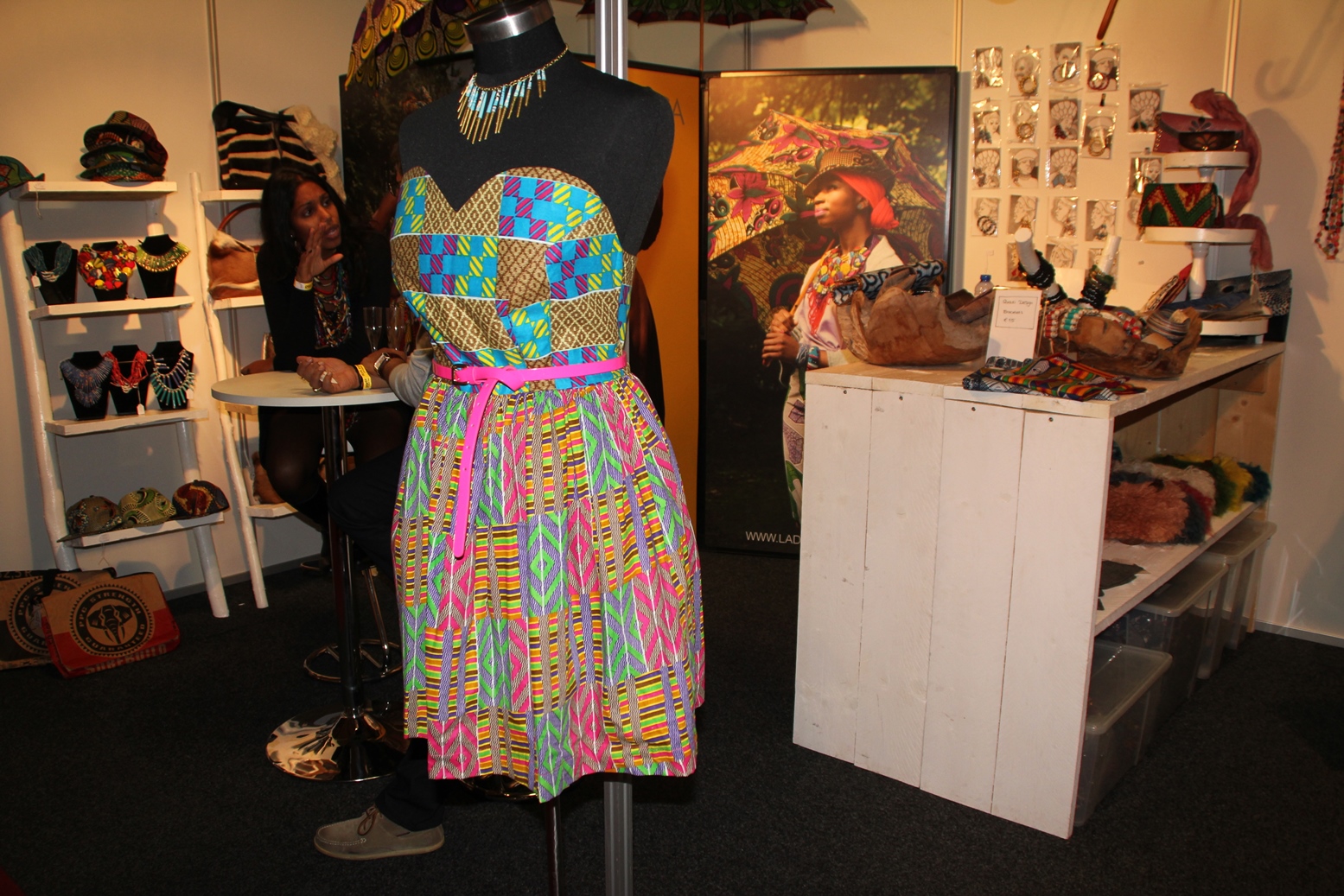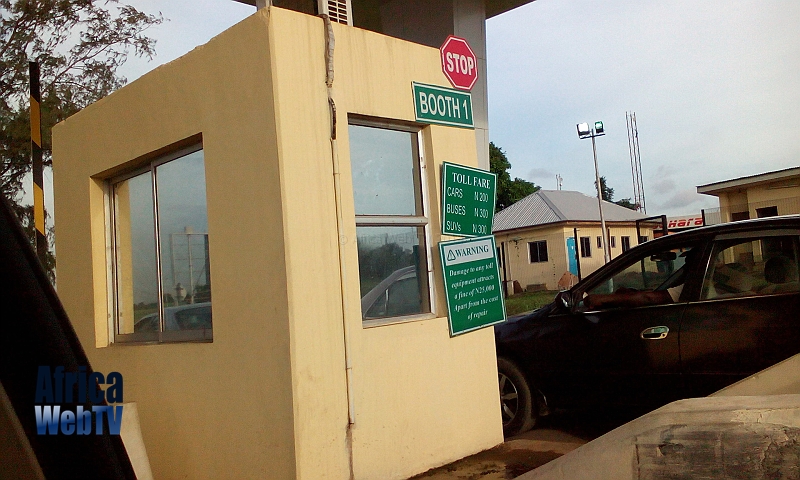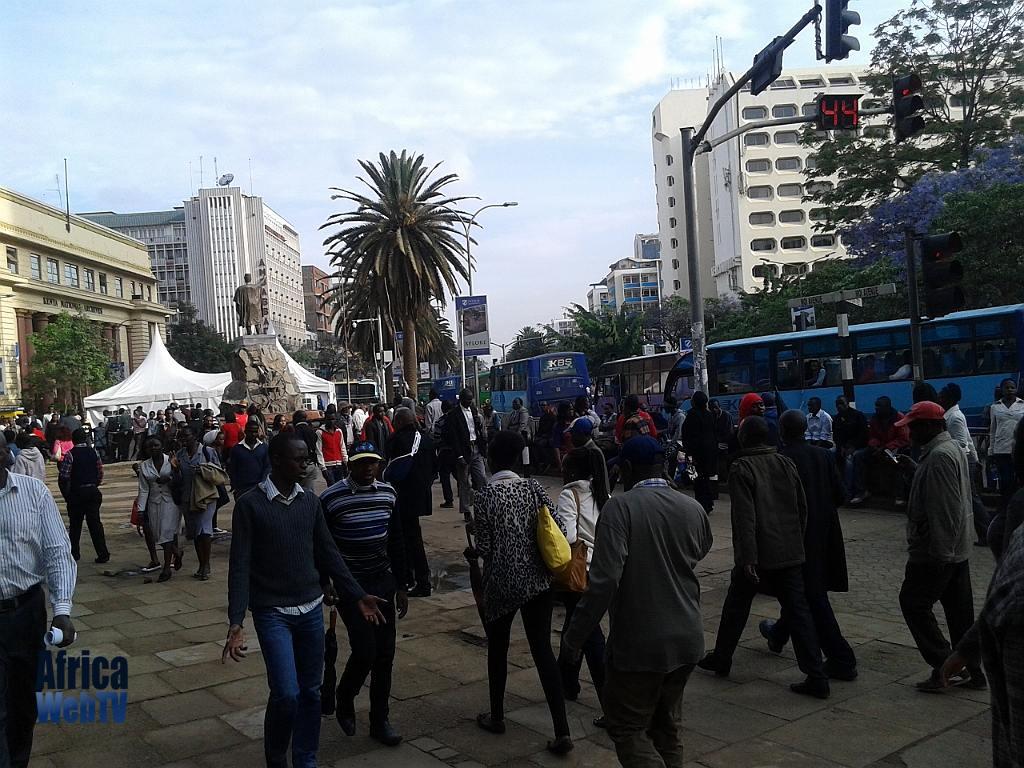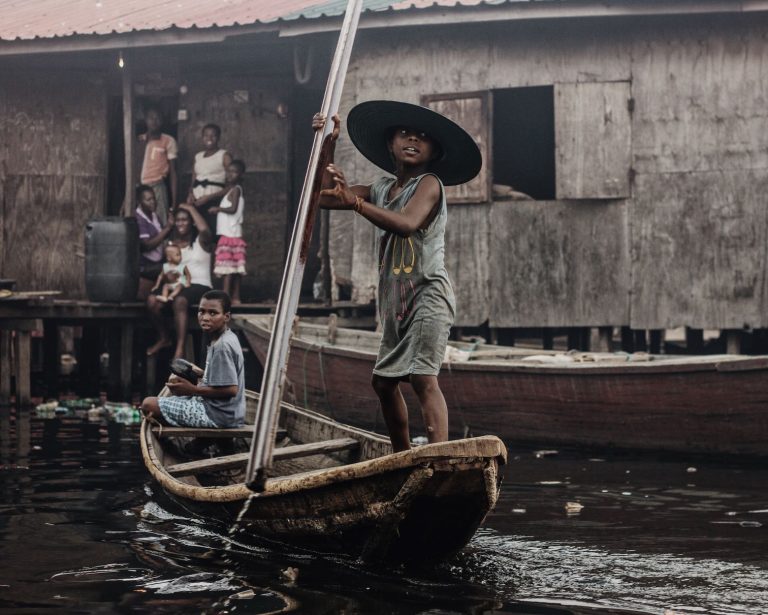I was a ‘Western scholar’ in the University of Ibadan in the mid-60s – Ishola Ninuola
I was what was popularly called ‘Western scholar’ in the University of Ibadan, in my student days in the mid-60s. To be so-called then conferred a sort of elitist status for you among your peers. It was probably seen as superior to being a ‘Federal scholar’. And for being a Western Scholar, you don’t have to know anybody on the scholarship board during our time. I should know because I had the privilege to sit before that board. It would appear that the board has some difficulty in getting a ‘Geology Academic’ to interview me, as part of the panel, as was the practice then. So, they got a ‘Geography Academic’ instead, the nearest to my specialisation.
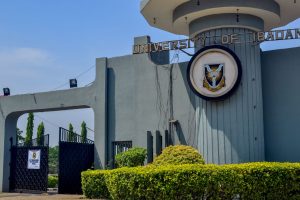
I was about 20 years old then, inexperienced about any diplomatic attitudes and brash as in the way of young men of my age. I promptly got into arguments with the ‘Geography Academic’ on the subject of the process of ‘the kaolinisation of feldspars’. In layman’s parlance, this was the process by which clays are produced from hard rocks, especially granites. It is a fairly complex physico-chemical process. At that point of the interview, I did not mind if I was awarded that scholarship or not; I insisted on my scientific viewpoint, which was the correct one. The panel sensed that this ‘bold but foolish’ young man sitting naively before them, was probably the one with the correct argument. Truth was that we have just completed sets of courses on that subject matter. The panel chair eventually ‘separated’ the Geography Academic from me; this naive, foolish student, and asked me to go. That I would be hearing from them. Getting outside, my other candidates were asking me why my own session was so long. And I couldn’t reply them that I ran into an argument with the panel over what I know is the truth.
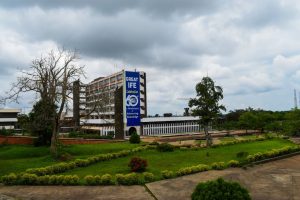
And indeed, I did hear from that interview panel about six weeks later I was among those privileged to be awarded the ‘Western Region of Nigeria Scholarship’ that year, as the names of the awardees were usually published in the popular national daily then, as notice to all parties, especially the Registrars Offices of Universities. And in my own case, there is the additional peculiarity of the fact that our geology department then also had the privilege of being offered the ‘Oil Company Scholarships’, at the time, and I was also simultaneously awarded an Oil Company Scholarship that same year. I thus became a privileged ‘double scholarship awardee’. While I was still dithering on which one to accept, my department allotted my Oil Company Scholarship slot to the next student in line unknown to me. When my hall of residence; Mellanby Hall also gave me ‘notice of rustication’, I promptly accepted the prestigious Western Region Scholarship before its offer expiry date. It was a bit less in monetary value to the then ‘Texaco Scholarship’, but more prestigious!!
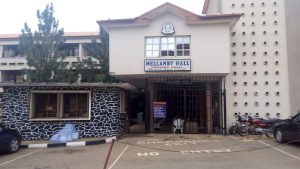
One noteworthy fact at the time was that you don’t have to know anybody to be awarded any of those scholarships. Many years after, and I had risen to middle level management position as a project geologist on Nigeria’s pioneer Ajaokuta Steel Project then (which the country unfortunately mismanaged among several strategic projects), I by chance fell into discussion with a professor of electronics, who was part of the panel that interviewed me for the Western Region Scholarship that historic date in the Government Secretariat at Ibadan. Things had started falling apart in the country at the time, and he was talking of how you didn’t have to know anyone on the scholarship panel he had privilege to serve in, in the Western Region of the mid-60s. He went on to state how a naive geology student applicant got into argument with their panel, and was promptly awarded the scholarship that year.

At that point of the discussion, the two of us established the date of that interview, and it turned out that unknown to me at the time, and to him, Prof. Sunday Victor Williams of electronics department, at the University of Ife, Nigeria, was on that scholarship panel, and I, Olufemi Dada, now a consulting professional geologist, by God’s special grace, was that naive geology student, who sat before that panel on that historical date, in the mid-60s’. None of us two knew each other at the time. Williams happened to be one of our maternal uncles back in Ekiti. Our mother often boasted to us when we were children in Jos, where her husband worked in the Railways (a railway where trains moved exactly on time and people set their watches by the blasts of the trains), that we, her children need to study hard so that we can become as brilliant as Sunday (Williams), her senior sister Gbanijoke’s son. It was many years after that I had the privilege to know the ‘legendary Sunday of our childhood’, and he took to me in Yoruba tradition as truly a junior brother, and I took him as a senior brother.
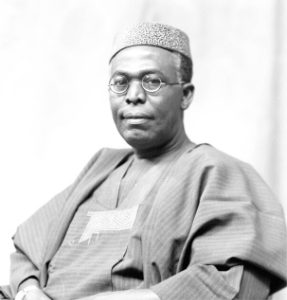
The focus of this article is to testify truly that the level of governance in Obafemi Awolowo’s Western Nigeria Government was high, not in education alone, but in other areas of health (very efficient local dispensaries); agriculture (the efficient Cocoa Marketing Boards); infrastructure (the indigenous Nigersol Construction Companies; indigenous Etteh-Aro Civil Engineering Consultants); in industry (the Ikeja Industrial Estates), in public investments (the WNDC- Western Nigeria Investment Corp); even in sports and youth development (my Secondary School, the Ekiti Baptist Boys High School received coaches from that ministry in Ibadan, including legendary Thunder Balogun, the soccer striker ), etc. Indeed a British prime minister at the time was quoted as stating that Awolowo would make a good prime minister anywhere in the world. And I think it was Harold McMillan that was quoted at the time.
This article is in commentary to the article credited to Reno Omokri. if true, titled, ‘If I were Catholic, I would have asked Pope Frances to make Chief Obafemi Awolowo a saint’. Unfortunately, we don’t know what is true or not any more on social media, and I don’t know if Awolowo should be declared a saint or not in the political sphere, as I leave that to posterity and history.
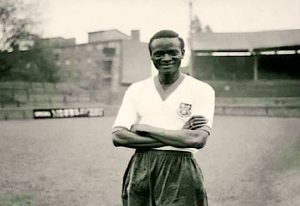
And it is also a pity that Nigeria could get as rundown as this even before the very eyes of my generation who witnessed the unfolding trajectory of development of Nigeria of the mid-60s in the same league as the medium power league of nations; the Indonesias, Singapores, Brazils, Indias, etc. And maybe the loud public opinions now that Nigeria should revert to the political arrangements of the 60s is correct after all. And this is the challenge before its present elites, and God help the country
